Why Men Fight
The supreme principle, both in politics and in private life, should be to promote all that is creative, and so to diminish the impulses and desires that centre around possession.
Bertrand Russell
Russell is one of the most profound thinkers of the modern age.
The New York Times
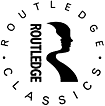
Routledge Classics contains the very best of Routledge publishing over the past century or so, books that have, by popular consent, become established as classics in their field. Drawing on a fantastic heritage of innovative writing published by Routledge and its associated imprints, this series makes available in attractive, affordable form some of the most important works of modern times.
For a complete list of titles visit
www.routledge.com/classics
Why Men Fight
Bertrand Russell

London and New York
First published in 1916
by George Allen & Unwin Ltd.
First published in the Routledge Classics in 2010
by Routledge
2 Park Square, Milton Park, Abingdon, Oxon OX14 4RN
Simultaneously published in the USA and Canada
by Routledge
270 Madison Ave, New York, NY 10016
Routledge is an imprint of the Taylor & Francis Group, an informa business
This edition published in the Taylor & Francis e-Library, 2009.
To purchase your own copy of this or any of Taylor & Francis or Routledges collection of thousands of eBooks please go to www.eBookstore.tandf.co.uk.
2010 The Bertrand Russell Peace Foundation Ltd
All rights reserved. No part of this book may be reprinted
or reproduced or utilised in any form or by any electronic,
mechanical, or other means, now known or hereafter
invented, including photocopying and recording, or in
any information storage or retrieval system, without
permission in writing from the publishers.
British Library Cataloguing in Publication Data
A catalogue record for this book is available from the British Library
Library of Congress Cataloging in Publication Data
A catalog record for this book has been requested
ISBN 0-203-86469-7 Master e-book ISBN
ISBN 10: 0415487382
ISBN 10: 0203864697 (ebk)
ISBN 13: 9780415487382
ISBN 13: 9780203864692 (ebk)
Le souffle, le rhythme, la vraie force populaire manqua la raction. Elle eut les rois, les trsors, les armes; elle crasa les peuples, mais elle resta muette. Elle tua en silence; elle ne put parler quavec le canon sur ses horribles champs de bataille.... Tuer quinze millions dhommes par la faim et lpe, la bonne heure, cela se peut. Mais faire un petit chant, un air aim de tous, voil ce que nulle machination ne donnera.... Don rserv, bni.... Ce chant peut-tre laube jaillira dun c ur simple, ou lalouette le trouvera en montant au soleil, de son sillon davril.
ur simple, ou lalouette le trouvera en montant au soleil, de son sillon davril.
MICHELET
CONTENTS
INTRODUCTION
This book is recognized by scholars and laymen alike as Russells most important contribution to political philosophy. Written as the losses in the Great War were becoming more and more appalling, he intended to replace what since 1914 he had come to believe was the outmoded nineteenth-century liberalism of Jeremy Bentham and John Stuart Mill. Late in 1915 and early in 1916 Russell advanced a theory of politics based upon the belief that impulse has more effect than conscious purpose in moulding mens lives. He stood by the ambitious analysis developed in the Principles for most of his life, claiming that the book was the least unsatisfactory expression of his own personal religion. first published in January 1917 under the title Why Men Fight. It went through eight impressions up to 1971.
Little in Russells pre-war political experiences had prepared him for the eagerness with which his fellow citizens went to war and became even more militant as the conflict intensified. Thus, in mid-1915, he embarked upon a wholesale re-examination of the theoretical foundation of politics by analysing the roots of social, intellectual and emotional behaviour which, he argued, take their origin either in destructive or possessive impulses or in constructive or creative impulses. For Russell, the key to a healthy society was to fashion family relationships, education and political institutions in such a manner as to promote the development of creative impulses.
These arguments took Russell away from his traditional political values, for up to the outbreak of hostilities he had been a Liberal with a strong streak of the mid-Victorian Radicalism which he had imbibed at Pembroke Lodge. There is some evidence before the war indicating that Russell had thought about modifying the rationalism of the liberal tradition in favour of a psychological theory of impulse. He had been particularly impressed by two writings by the American philosopher, William James, which appeared in 1913 in a posthumous collection of his essays and addresses. The first was his famous essay The Moral Equivalent of War and the other a speech given in American, titled Remarks at the Peace Banquet. Both argued that most people needed an enemy and wanted war as a release of their vital energies. But James reasoned that since progress demanded peace it was imperative that the enemy not be human. The war reawakened Russells interest in James and in the question of the psychological roots of aggression. Indeed, as early as October 1914 the Jamesian influence was evident when Russell wrote his essay Why Nations Love War for Norman Angells periodical, War and Peace. Later, in Principles of Social Reconstruction, Russell referred to James directly:
His statement of the problem could not be bettered; and so far as I know, he is the only writer who has faced the problem adequately. But his solution is not adequate; perhaps no adequate solution is possible.
Before 1914 Russell had also been introduced to Bernard Harts The Psychology of Insanity with its Freudian emphasis on unconscious impulses. Despite such reading, Russell does not appear to have read any of Freuds works before the end of the war.
Russell initially advanced his ideas on reconstruction in a series of eight lectures presented at the Caxton Hall in London between 18 January and 7 March 1916. The idea for such a lecture series arose out of Russells turbulent year-long association with D. H. Lawrence. Both men were horrified by the carnage of the war and what they viewed as its relentless irrationality. Both independently became convinced that the injustices and repressions in modern society had created such deep unhappiness that people needed war to relieve their frustrations. Lady Ottoline Morrell knew Lawrence and admired his novels with their exploration of the emotional springs of aggressive behaviour. She was also well aware that her former lover, Russell, was wrestling with the same issues of why people sought violent solutions to personal and national problems. Since she was convinced that the two men had so much to offer the world, she arranged for them to meet in February 1915.
Atfirst Russell and Lawrence were completely mesmerized by each other and proceeded to plan a major lecturing tour of Britain in the autumn of 1915 with a view to converting the masses to a new understanding of morality. But by the spring of 1915 the deep differences in values and temperament between them had led Lawrence to launch a furious personal assault upon Russell and to mock his ideas as shallow and insidious. He condemned Russell as a bloodless rationalist with a secret desire for violence, while Russell came to see Lawrence as a forerunner of fascism. Although deeply shaken by Lawrences indictment, Russell soon recovered his equilibrium and pressed ahead on his own with the lecture scheme.

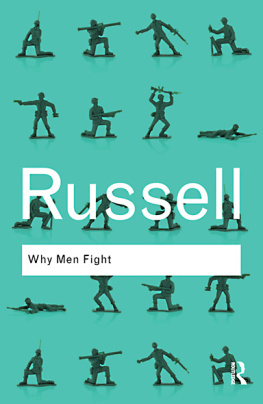
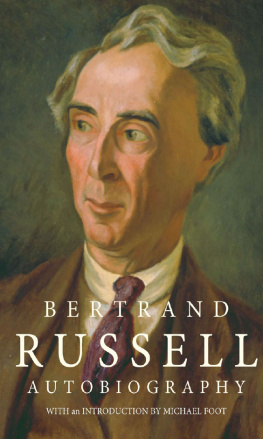
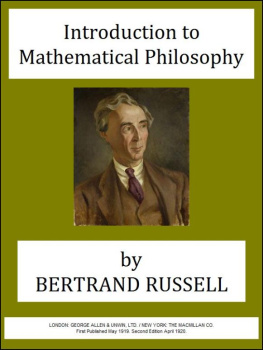
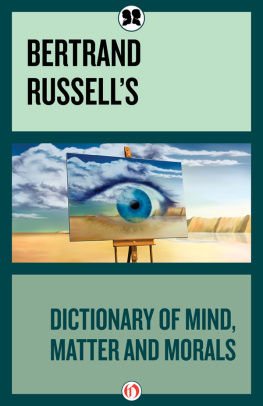
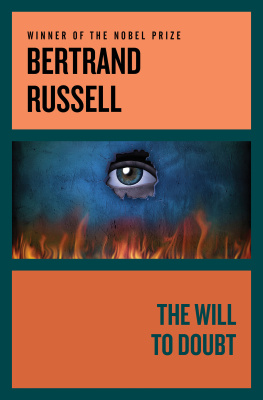
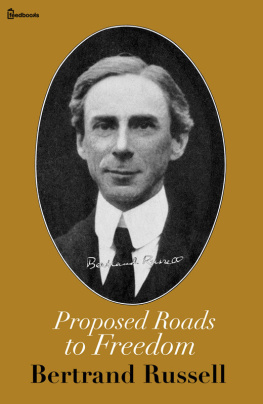
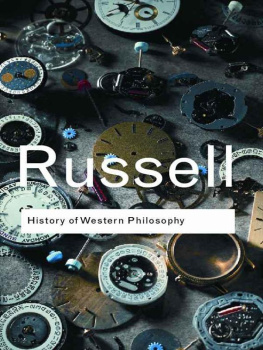

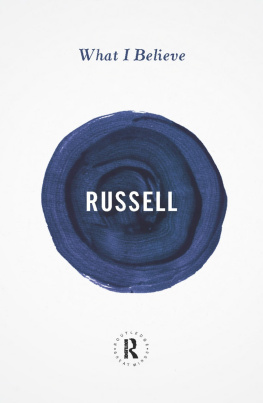
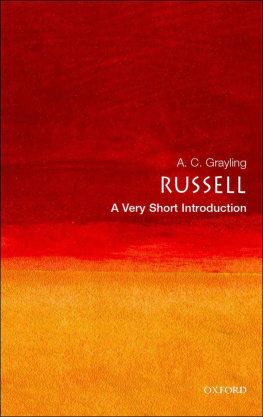
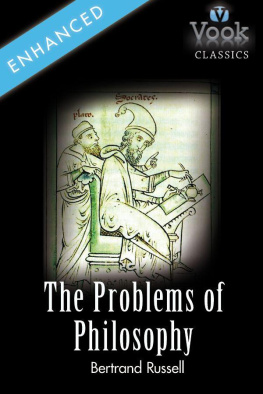
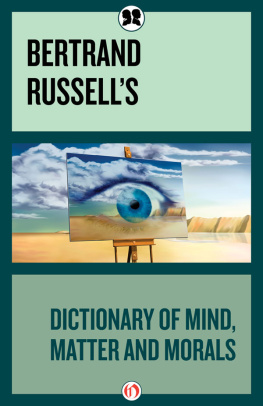
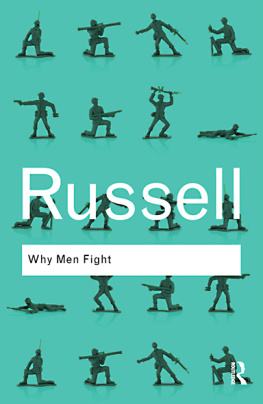


 ur simple, ou lalouette le trouvera en montant au soleil, de son sillon davril.
ur simple, ou lalouette le trouvera en montant au soleil, de son sillon davril.